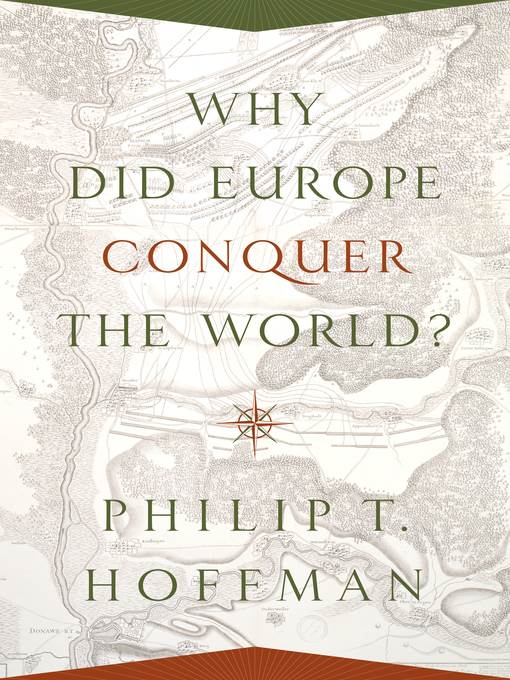
Why Did Europe Conquer the World?
The Princeton Economic History of the Western World
کتاب های مرتبط
- اطلاعات
- نقد و بررسی
- دیدگاه کاربران
نقد و بررسی

April 27, 2015
Hoffman (Growth in a Traditional Society), a professor of economic history at CalTech, provides an intriguing but not fully satisfying answer to the titular question. He begins by pointing out that by 1914, 84 percent of the world was under the control of Europeans or their descendants. According to Hoffman, the Industrial Revolution alone cannot explain this phenomenon; instead, he dates it to a military revolution that swept through early modern Europe starting around 1500. Hoffman’s thesis is that a “tournament” model of constant competition between European nation states gave the region its edge. Hoffman cites four factors in particular: frequent wars; low political costs of financing wars through taxation and borrowing; heavy use of gunpowder over older military technologies; and fewer obstacles to adopting military innovations. Hoffman’s comparison to other potential competitors for world domination—China, India, Japan, Russia, and the Ottoman Empire—finds they all lacked one or more of these four factors. His analysis makes for a valuable addition to previous literature on this subject, such as historians Jared Diamond and Paul Kennedy’s emphasis on geography, environmental differences, and an individualist culture. Still, while Hoffman’s model may partially explain how Europe came to dominate much of the world, it falls short of explaining why.

























دیدگاه کاربران